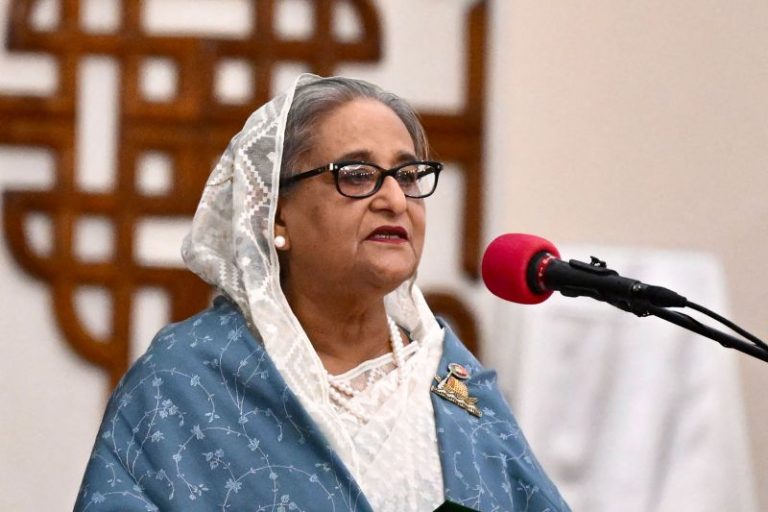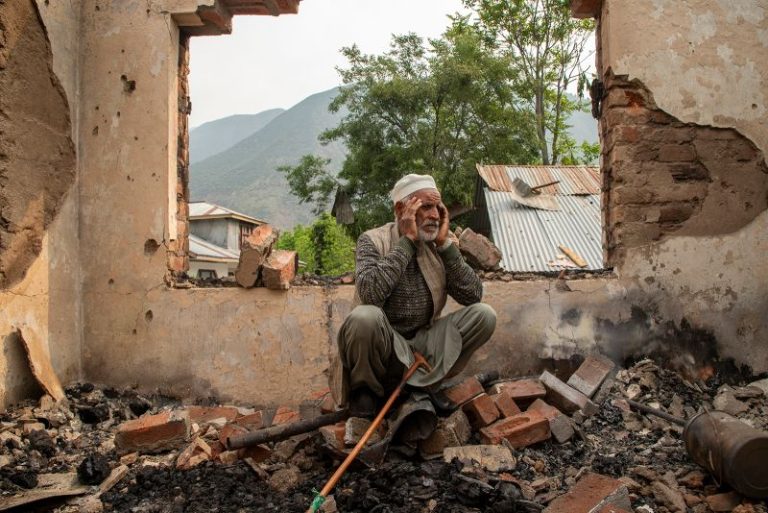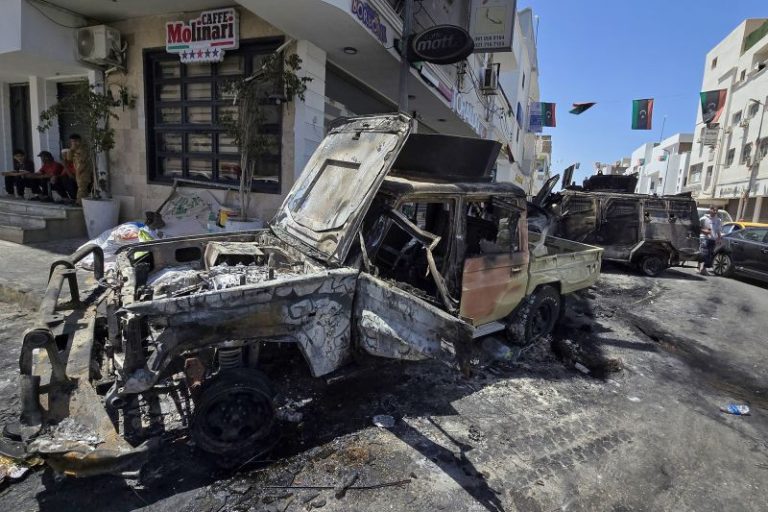Bangladesh’s Election Commission has cancelled the registration of the former ruling party of ousted Prime Minister Sheikh Hasina, preventing it from participating in the next national election, which is expected to be held by June next year.
The decision on Monday came hours after the country’s interim government headed by Nobel Peace Prize laureate Muhammad Yunus issued an official notification banning the Awami League party and its affiliated bodies from conducting activities online and elsewhere.
Monday’s formal notification from the Ministry of Home Affairs was issued two days after the interim Cabinet decided to ban all activities of the party under the country’s Anti-Terrorism Act until a special tribunal concludes a trial for the party and its leaders.
In the notification, the government said it outlawed all activities “including any kind of publication, media, online and social media” as well as “any kind of campaign, procession, meeting, gathering (or) conference until the trial of the leaders and activists … is completed.”
It said the decision was effective immediately.
Separately, the Election Commission said Monday it would not allow the Hasina-led party to contest the next election. Political parties must be registered with the Election Commission to take part in elections.
A government adviser said Monday that anyone who posts comments online in support of the Awami League party would face arrest.
On Sunday, the Awami League accused the interim government of “stoking division” and trampling on “democratic norms” by banning its activities. It said in a statement that the ban “stoked division within society, strangled democratic norms, fueled ongoing pogrom against dissenters and strangled inclusivity, all undemocratic steps.”
The Awami League is one of two major parties in Bangladesh, which has a fractious parliamentary democracy with a violent history of coups and political assassination.
Hasina, the daughter of Bangladesh’s independence leader Sheikh Mujibur Rahman, fled the country on Aug. 5 last year and has been in exile in India since then along with many senior party colleagues and former Cabinet minsters and lawmakers. They have been accused of killing protesters during an uprising against Hasina’s 15-year rule in July-August last year.
The United Nations human rights office said in a report in February that up to 1,400 people may have been killed during three weeks of anti-Hasina protests. But the Office of the UN High Commissioner of Human Rights recommended in a report to “refrain from political party bans that would undermine a return to a genuine multi-party democracy and effectively disenfranchise a large part of the Bangladeshi electorate.”
The Awami League, which led a nine-month war against Pakistan for independence in 1971, has been under severe pressure since Hasina’s ouster. Protesters have attacked and torched many of its offices including its headquarters in Dhaka. It accuses the interim government of sponsoring mobs to attack the homes and businesses of their activists and leaders. It said thousands of its supporters have been arrested across the country and that many have been killed.
Yunus has said the next election will likely be held either in December or in June next year.



